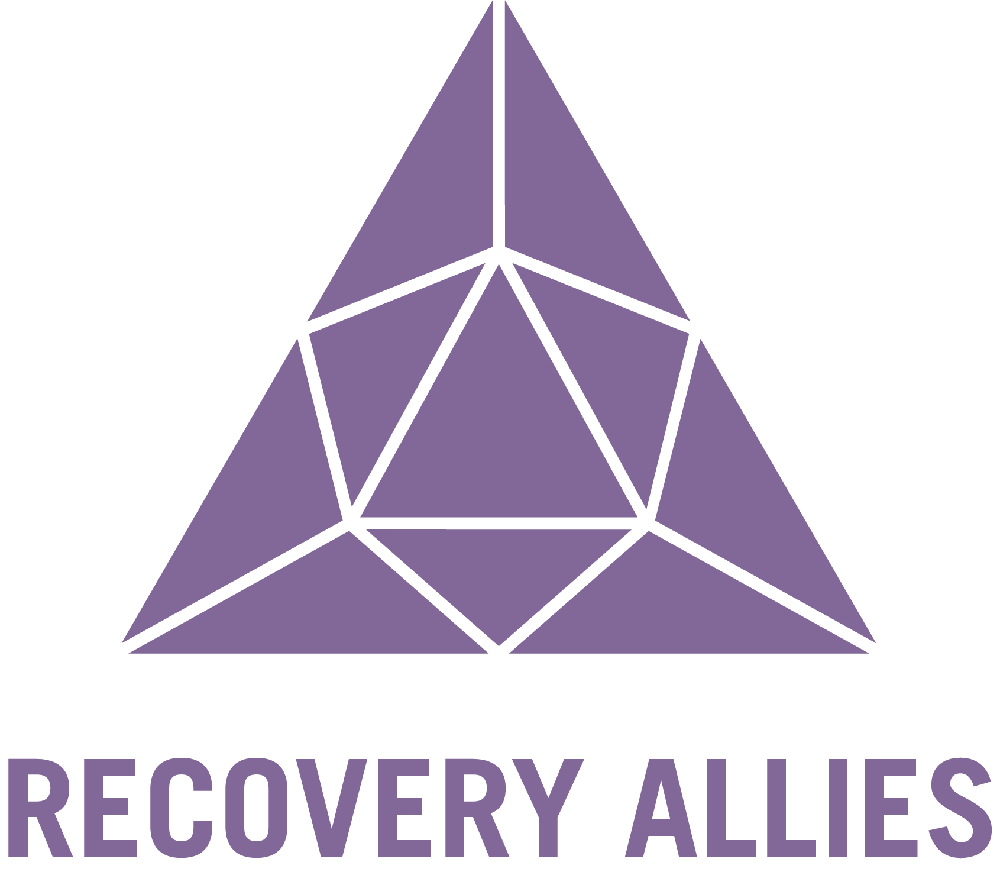Boundaries: Building a Fence Around Your Sobriety
One of the most important skills those in early sobriety need to acquire is the ability to draw boundaries. Protecting sobriety means avoiding triggers. Unfortunately, many of those triggers will come from places and people we know the best. And it makes sense. After all, the people we know best are most likely the people we partied with, used with, drank with, etc. Learning to say "no" to situations that trigger us is essential.
Why do I Need to Set Boundaries?
Addiction Center makes a helpful comparison of substances to Kryptonite, Superman's one weakness. Drugs and alcohol triggers are Kryptonite to anyone suffering from substance abuse disorder. In order to maintain sobriety, you have to avoid Kryptonite at all costs. To do so, you have to develop a fence around yourself that protects you from these triggers.
Sadly, many of those triggers are people and places we once considered home. You cannot continue going to your favorite bar and expect a positive outcome if sobriety is your goal. You cannot continue hanging out with your dealer or your friends that use if you expect to remain clean.
There is often shame or embarrassment associated with drawing boundaries. Your friends who use don't have the capacity to respect boundaries when they are in active addiction. it can be hard to admit to them that you don't want to partake in their lifestyle anymore. But it is fundamental to protecting your sobriety.
How do I Set Boundaries?
The best way to draw lines is to be direct. There is no easier way to convey the seriousness of your commitment than being straightforward. A few examples:
"I do not use drugs or drink alcohol"
"I can't go to the bar, I don't drink"
"I don't want to go to a party where people are using drugs, I'm sober"
But Won't I Lose Friends Doing This?
It is quite possible that people you've used with, who remain users themselves, will not accept your decision and may try to tempt you. People who do this are not friends. They are trying to keep their own addiction reality intact and are not capable of considering your needs. The only solution to the obstacles they create is to keep them away. This applies to using buddies and family alike. Sobriety is a decision to turn away from death and embrace life. Those who cannot honor that decision must be kept away.
This may seem unacceptable or scary to newly-sober people. In truth, early sobriety can feel lonely. This is why it is essential to connect with sober communities as quickly as possible. Groups are a very effective way to share the struggle in a place of non-judgement. In time, as you develop new relationships with people that aren't centered around substances, you will accept that your old patterns and friendships were unhealthy.
Conclusion
Extracting yourself from a disordered lifestyle requires daily commitment. Leaving the past behind can be painful but, in time, will allow you to form the basis of a healthy life. Drawing boundaries allows you to focus on yourself and your goals and avoid the temptations that can derail your progress.
Additional Resources
Setting Boundaries in Sobriety: Lessons from Superman
